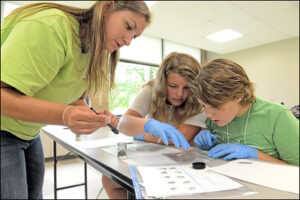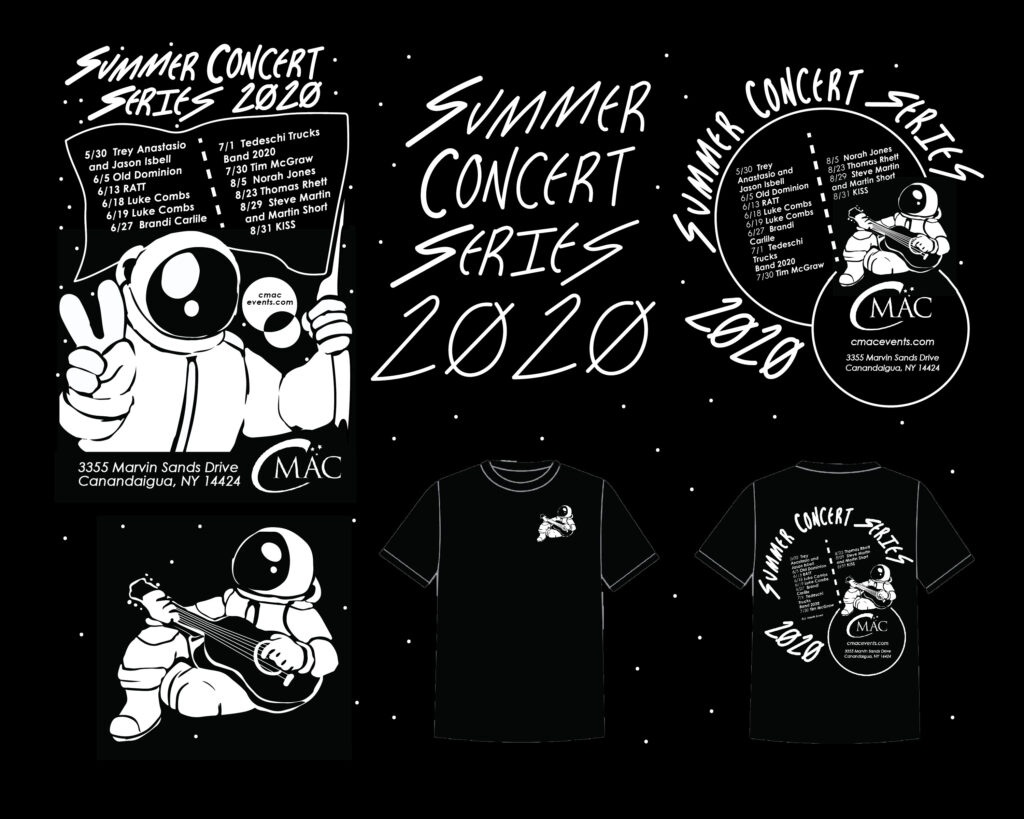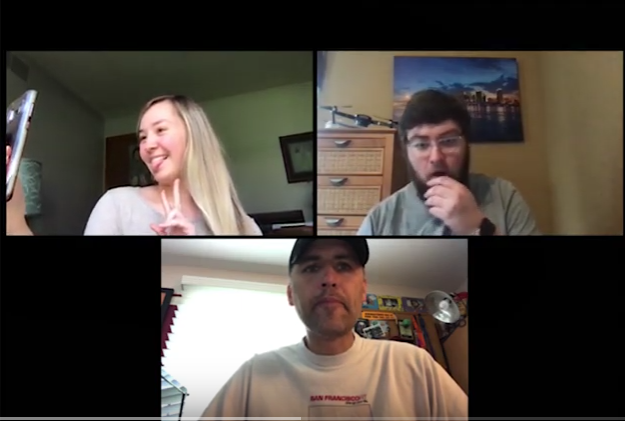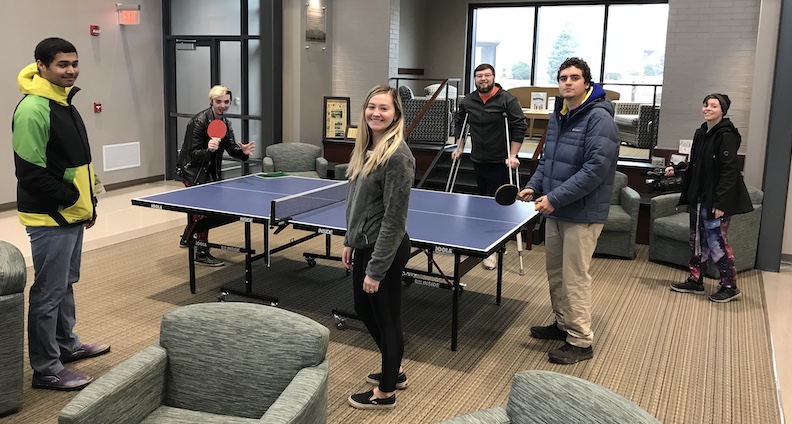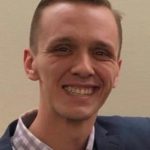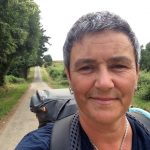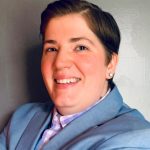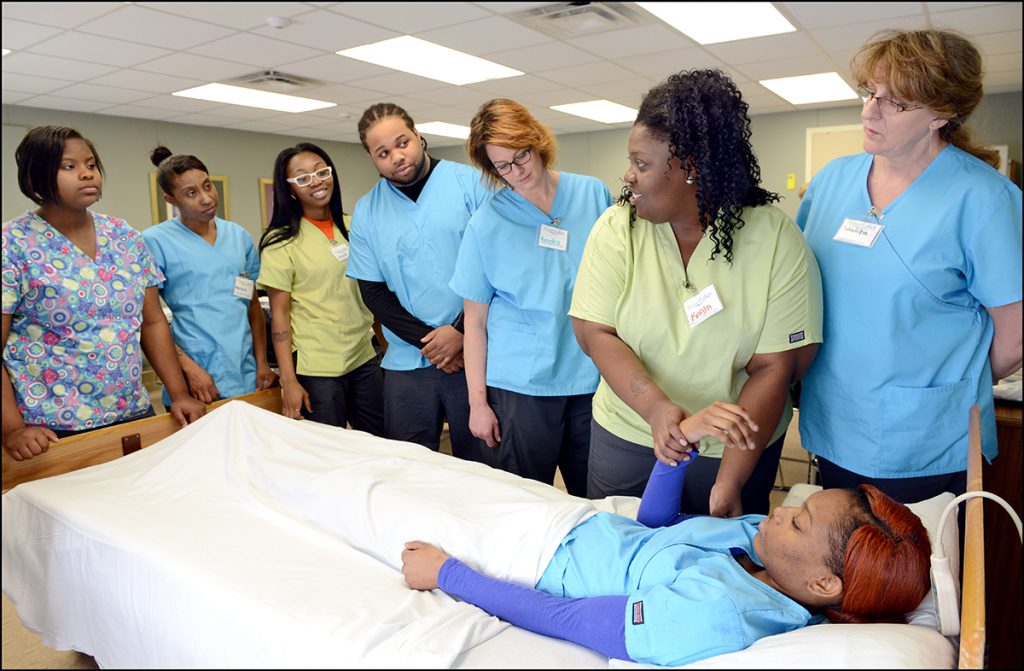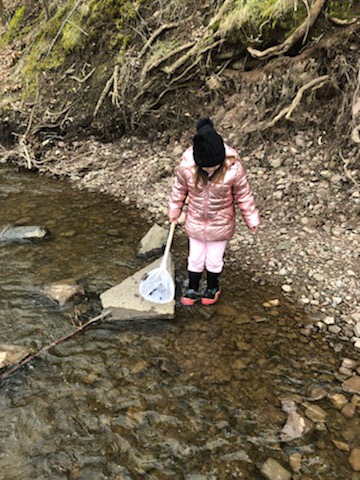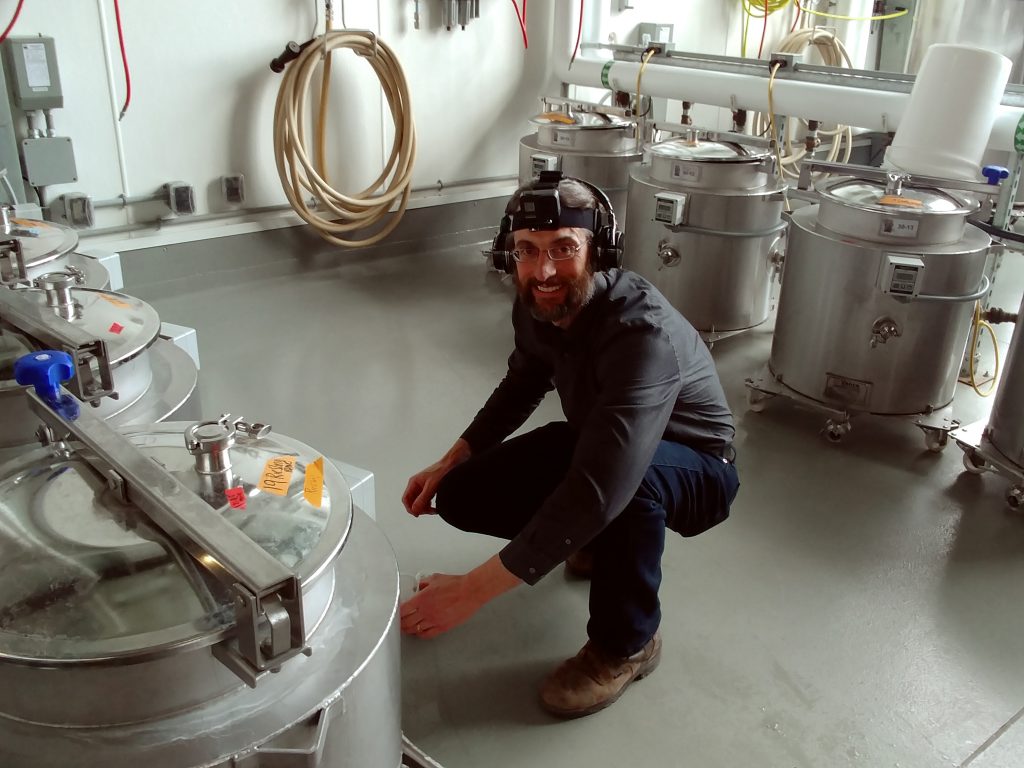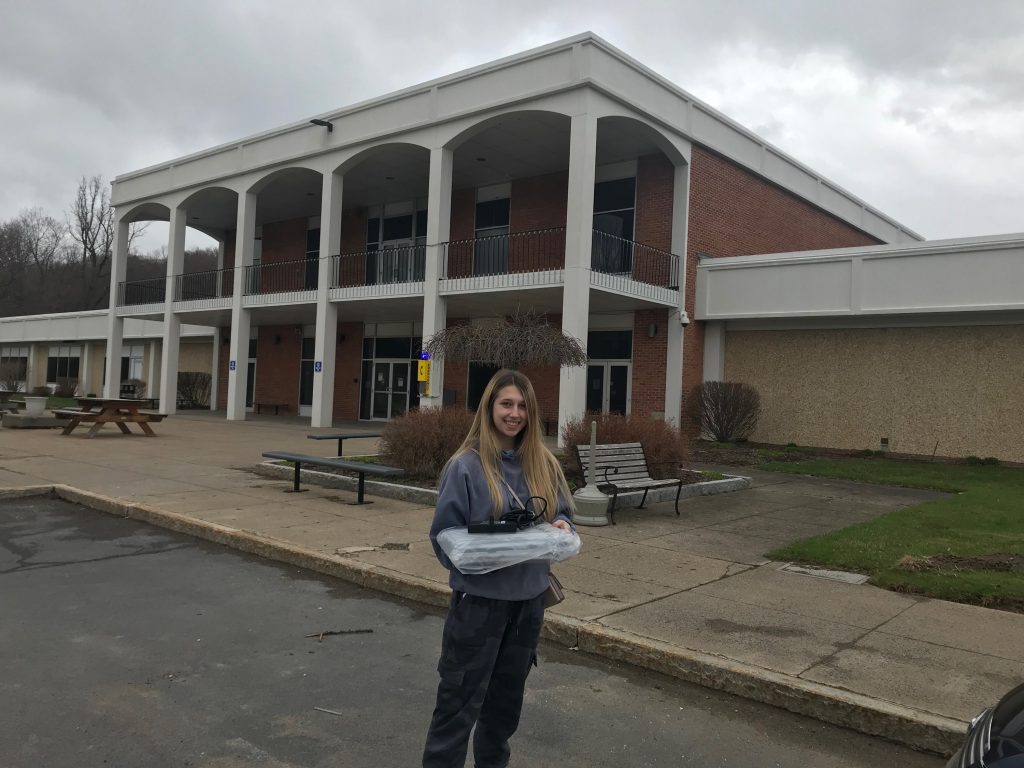The Finger Lakes Community College chapter of Phi Theta Kappa, the honor society for two-year colleges, inducted 188 members this spring.
Phi Theta Kappa promotes scholarship, leadership, service and fellowship. FLCC’s chapter, Alpha Epsilon Chi, was chartered in 1981 and provides leadership, service and scholarship opportunities for members. Membership requires completion of 15 hours of associate degree coursework and a GPA of 3.0. Phi Theta Kappa members also serve as campus ambassadors.
New members are listed below by county and town:
ALLEGANY
Friendship: Calum Ruxton
Wellsville: Samantha Bailey
BROOME
Johnson City: Rebecca Rayne
CHAUTAUQUA
Forestville: Brandy Schroeder
DUTCHESS
Hyde Park: Brie-Anne Sloniker
ERIE
Alden: Jessica Froebelv
GENESEE
Batavia: Aisha Thatcher
Byron: Daniel Jensen
Le Roy: Sarah Efing
LIVINGSTON
Caledonia: Deanna Krenzer
Dansville: Sierra Crawford, James Shepard
Hemlock: Brooke French
Lima: Paige Stein
Livonia: Kyler Cavalcante, Angelle Farabell, Ryan Mattice, Anne Watt
MONROE
Fairport: Phillip Emmans, Robert Gehring, Hanna Slaughter
Henrietta: Aaron Nestler
Honeoye Falls: Samuel Chunick, Lisa Lapresi, Allissa Merritt
Pittsford: Josiah Capozzi, Courtney Renner
Rochester: Laura Buckley, Laura Kieliszak, Stephanie Mahonsky, Elizabeth Middleton, Selin Ogultekin, Megan Rotunno
North Chili: Elizabeth McGarvey
Webster: Alessia Paratore, Courtney Teeter
ONTARIO
Bloomfield: Zachary Brautigam, Mackenzie Helling
Canandaigua: Charlotte Alvord, Andrew Asserson, Samuel Belanger, Raymir Briceno-Ortega, Samuel Brocklebank, Matthew Brumagin, Jamie Colf, Olivia Dipaolo, Chelsea Doell, Sarah Ducar, Ranita Gage, Olivia Garlock, Andrew Gregory, Terri Griffin, Elizabeth Haas, Rebecca Hazard, Dylan Hazlett, Jeffrey Howard, Aria McKee, Belle McKee, Cassidy Miles, Brendan O’Shaughnessy, Allison Pellett, Jaylea Ransom, Brena Rocca, Nathaniel Schue, Ashley Smith, John Squires, Anna Vitale, Emily Young
Clifton Springs: Anthony Dimariano III, Selina Finewood, Danielle Hildbrand, Coby Maslyn, Alison Romeiser, Sara Vanderhoof
Farmington: Christopher Ayers, Madison Cunningham, Jourdan Hurlbutt, Emmanuel King, Derwin Melendez-Diaz, Samantha Reese, Taylor Reese
Geneva: Emily Augustine, Jami Baran, Ty Bluto, Jonathan Ferrer, Dierra Godfrey, Joshua Hennessy, Briana Horton, Tatiana Klestinec, Electra Laird, Caleb Miller, Grace North, Bailey Wayne
Ionia: Nathan Bradley
Manchester: Travis Liberty, Benjamin Moran
Naples: Lauren Robison, Michaela Williams
Phelps: Jasmine Fiori, Jared Jensen
Shortsville: Florence Weed
Stanley: Dominique Robinson
Victor: Deyanira Ainsworth, Vanessa Conte, Kelly Duprey, Alexis Gossage, Naomi McMullen, Cole Moszak, Zane Palzer, Careena Raftery
ORLEANS
Medina: Kaylyn Holman
OSWEGO
Pulaski: Emily Klein
Oswego: Taylor Ladue
QUEENS, NEW YORK CITY
South Ozone Park: Munesh Roopnarine
SCHOHARIE
Sharon Springs: Owen Rohac
SENECA
Lodi: Sarah Farrow, Justin Smith
Ovid: Kodi Hopkins, Danielle Goerlich, Vincent Vangalio
Romulus: Sharon Goucher
Seneca Falls: Hunter Brignall, Mary Carter, Hunter Haust, Allison Hilkert, Georgedaliz Lopez, Madison McKoy, Brenden Sofo
Waterloo: Julia Corsner, Taylor Hurdle, Nicolas Lane, Derek Slywka
STEUBEN
Avoca: Nicholas Julien
Hammondsport: Megan Allen
Prattsburgh: Leif Jensen, Lydia Lenhard, Mackenzie Lynk
Wayland: Emily Bernal
WAYNE
Clyde: Nathaniel Brewer, Morgan Carr, Linda Gross, Alissa Hughes
Lyons: Shannon Sergent
Marion: Abigail Defisher, Christian Lopez-Dennis, Noah McKaig, Emily Passmore
Newark: Hollie Bassett, Aleah Buckalew, Ashley Cornett, Elizabeth Henninger, Marshall McFarland, Libby Smith, Haley Stivers
Palmyra: Lauren Crane, Cody Freeman, Casandra Hazlett, Jordan Huddleston, Harlan Miller, Earl Patton, Emma Perrone, Carissa Sabatasso, Ryan Saucier, Hannah Snelling, Lydia Wizeman
Sodus: Hugh Laird, Thomas Tangry
Walworth: Nicholas Block, Blake Britton, Alaska Dunstan, Abigail Giddings, Sarah Stripp
Williamson: Matthew Serody, Lindsay Sharp, Dara Storms
Wolcott: Sherri Lewis
YATES
Dundee: William Fryburger
Middlesex: Alexander Lyons
Penn Yan: Kari Ayers, Morgan Bayer, Deja Glover, Cameron Ledgerwood, Corey Ledgerwood, Chloe Madigan, Mildred Phillips-Espana
Rushville: McKenna Campbell-Fox, Misty Hill


 Finger Lakes Community College has modified its STEAM summer day camps for middle schoolers by creating projects students can do at home with opportunities to share results while videoconferencing.
Finger Lakes Community College has modified its STEAM summer day camps for middle schoolers by creating projects students can do at home with opportunities to share results while videoconferencing.